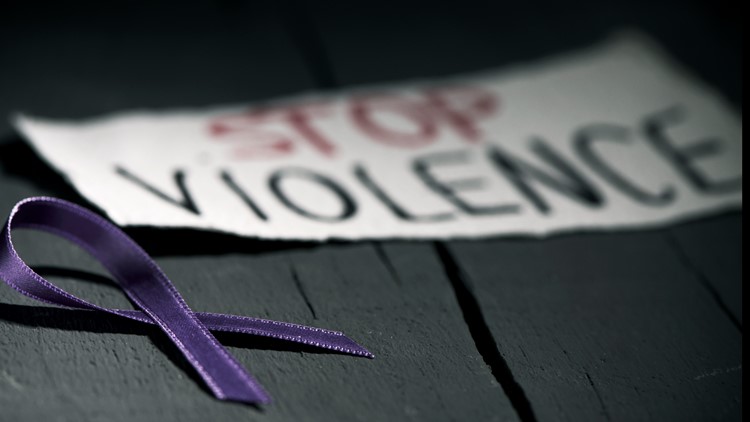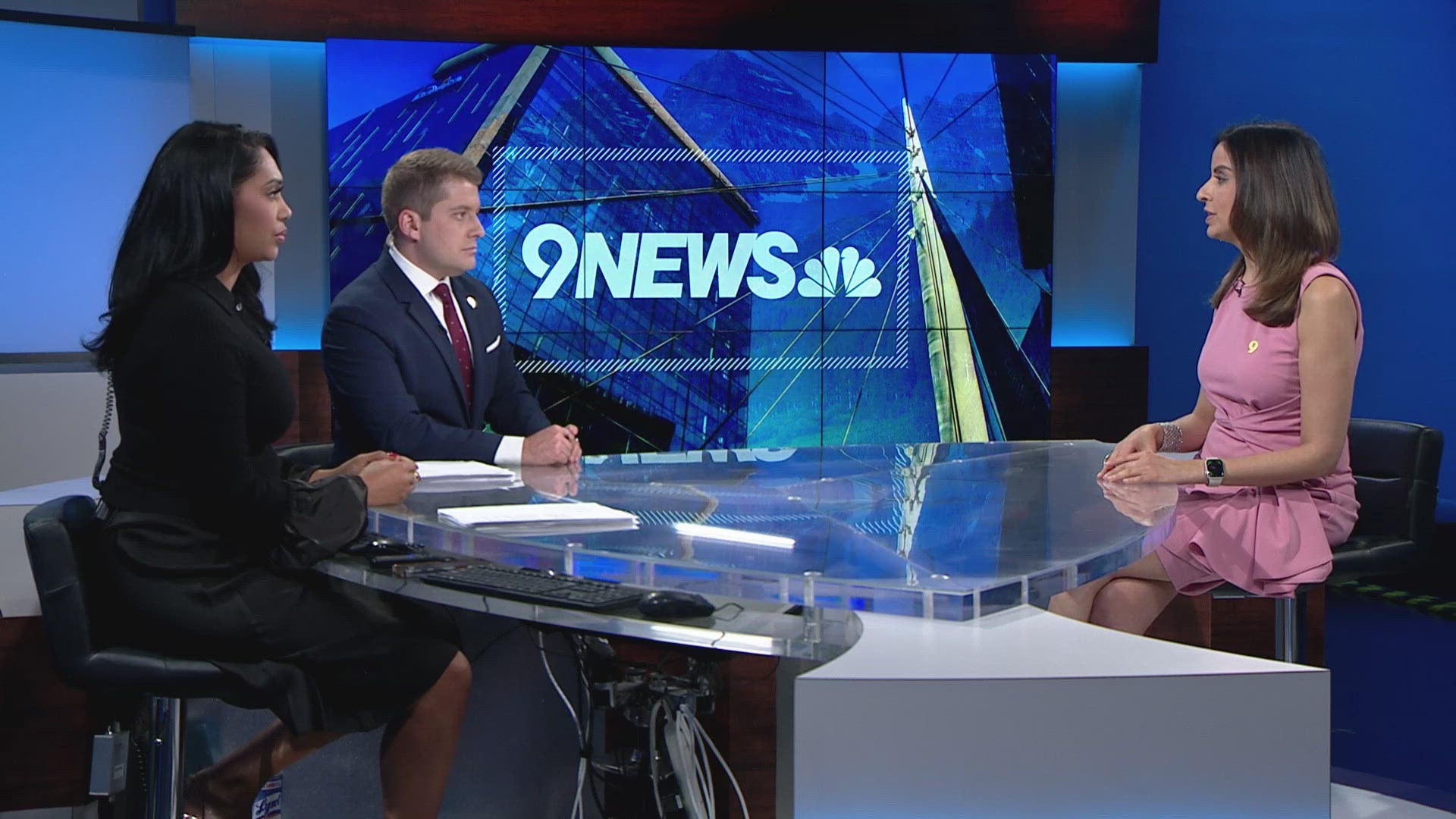All this week on 9NEWS Mornings, we’re highlighting incredible stories of survival … and what you can do if you find yourself in a similar situation.
KUSA – It happens across all ethnic backgrounds, sexual orientations, genders and ages.
The Centers for Disease Control and Prevention said one in four women and one in nine men have experienced violence from their intimate partner. One in 10 high school students, meanwhile, have experience physical dating violence – the consequences of which include heart issues and depression.
“Oftentimes, teenagers who are in a dating violence-type situation can have anxiety,” 9NEWS Medical Expert Dr. Comilla Sasson said. “They’re more likely to be depressed later on in life, they can even be more suicidal as well. Short-term things that can happen in maybe a brief relationship as a teenager can impact them for the rest of their life.”
A domestic violence survivor named OG who agreed to talk to 9NEWS anonymously said people who come forward to report abuse need two things: to be believed and to be heard.
“Too often, we hear ‘well, if he did that to you, why did you stay?’ rather than asking ‘why did these men hurt you that way?’” she said.
OG said she can now look back on her relationship and point to things that were unhealthy.
“Rather than feeling happy for me or proud of me, he was in a place of competition constantly,” she said. “And so the put downs would start, or I would say something and he’d roll his eyes in front of people.”
OG said she first met her future husband when she was visiting Colorado from out-of-state. When she went home to California to finish her bachelor’s degree, he surprised her by flying into town and surprising her with a proposal. She said yes, but had her doubts.
“In my heart, I didn’t feel ready, so after I moved here I expressed that to him and said ‘maybe we should just live together,’ and he got angry and said ‘if we don’t get married then it’s over,’” OG said.
She said the emotional abuse continued into her marriage, when he made her dress a certain away and only speak to certain people. When she got pregnant, she found herself just at home with the baby.
While OG said she always experienced physical abuse, she said it wasn’t enough to qualify as domestic violence.
“I remember him grabbing me by the arm … and I remember there being bruises from where he grabbed me,” OG said. “He would become angry and he would clench his fist and put it right up to my face, like he was threatening to hit me. I think by then I was so numb I just said ‘go ahead.”
She said she was hesitant to call anyone – especially police – for help.
“I didn’t think it was such a big deal, and I think admitting that it was would have shattered the image I created about myself,” OG said.
She said she knew she had to leave when the abuse spread to her child. At one point, OG claims her then-husband kidnapped their son for three weeks. She was able to hire a lawyer and got a restraining order. OG was also reunited with her son.
“I knew we were going to be ok,” she said.
Safehouse Denver helped OG with support and counseling. She’s now working as the executive director of a nonprofit in Colorado, and is teaching her younger children about how to set boundaries and what a healthy relationship looks like.
OG has remarried and is in a healthy, loving relationship.
RESOURCES
Below are a list of resources for people who believe they or someone they know might be experiencing domestic violence:



